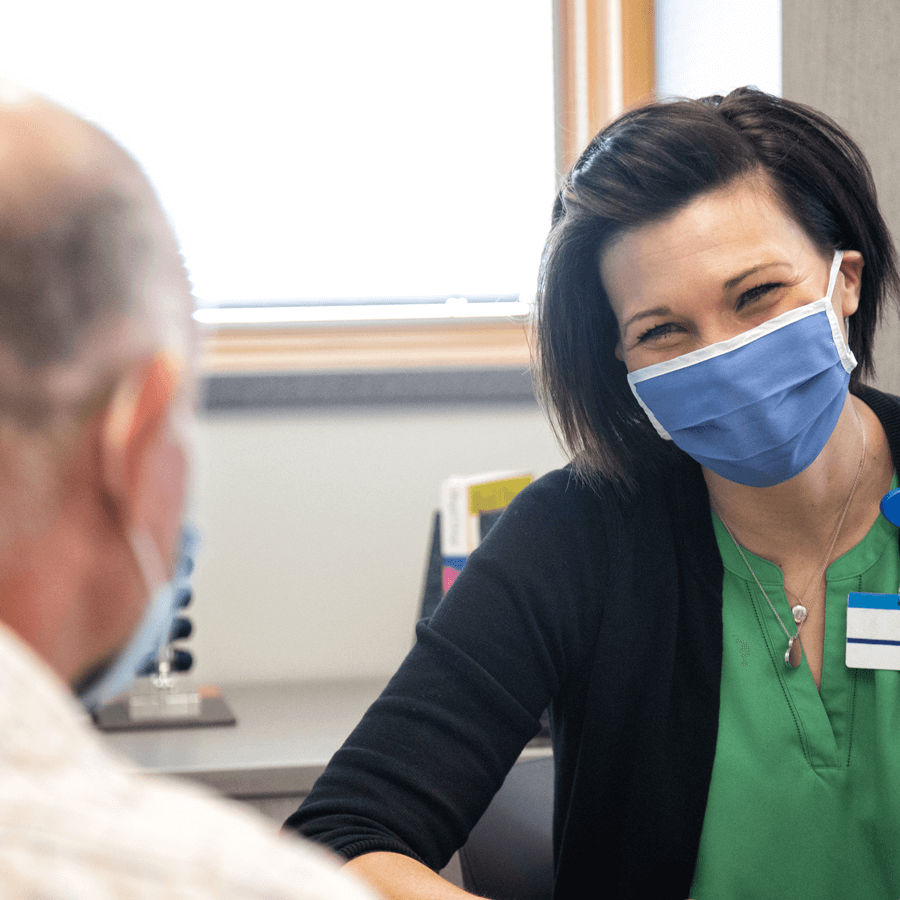It is hard to believe, that just a few months ago, in the depths of winter we were thinking about the coming summer, travel, relaxation and a pleasant break from the routines of winter. And then it began: the spread of COVID-19 and the dramatic changes that each of us has had to face both professionally and in our personal lives.
So much of what we know of good mental health is tied to healthy and effective relationships. Now we face circumstances that distance us from those who bring positive meaning to our lives. And, as if the spread of this virus were not troubling enough, we have become more awareness of racism in our midst and are all too cognizant of the inequalities in our society when it comes to services and care for those who are most vulnerable. In a presentation before a subcommittee of the United States House of Representatives, Arthur Evans, PhD, CEO of the American Psychological Association, recently referred to this state of affairs as a syndemic: “a rapidly spreading and dangerous disease, coupled with a racism pandemic and a pre-existing crisis of mental health – that interact synergistically and have a disproportionate impact on marginalized populations.”
What is our responsibility as a College, given that our mandate is determined by provincial legislation? Clearly, our mandate is different than those organizations that represent the members of the profession. Our mandate is twofold: the protection of the public, and helping to ensure that the psychological workforce of the province is able to meet the mental health needs of the citizenry. Let us turn to the first one. The College of Psychologists of Ontario, under legislation and through the development of Standards of Professional Conduct, sets a bar for the assessment of activities of College members. In the new circumstances in which we find ourselves, concern has been expressed as to whether the College will countenance deviations from the standards of practice. Fortunately, the Registrar, Dr. Rick Morris has made it clear in his communications with the membership that while the Standards remain in effect, it is not always possible to adhere to them with exactitude. When facing such circumstances, members are expected to have strong and appropriate reasons for any deviation. Every day in clinical practice we are faced with moments when we must make strategic decisions that may alter the course of our work. Consistent with this, members are being asked to use their best judgment and to be able to defend their choice of actions.

« So much of what we know of good mental health is tied to healthy and effective relationships. »
The second half of our mandate is to ensure that when the Council make decisions for the profession, we are not restricting access to psychological services. Said more positively, we have a responsibility to increase access to our profession. Seen in the light of a growing societal awareness that many groups are marginalized and have little means of utilizing our services, I would like to offer some concrete steps for changing this situation for the better. First, I wish to commend those academic training programs that are now taking a hard look at the diversity makeup of their student body. Are there policies and practices that limit the development of a cohort of new clinicians who reflect the wider society in term of class, ethnicity, sexual orientation and physical abilities? We need clinicians who personally understand the lived experience of their clients. We need a curriculum that reflects the diversity of our population. We need supervisors who are sensitive to the subtle biases that can so easily creep into our work. And finally, we need to recognize the interplay between race, culture and mental health, a focus that has been sorely missing in the preparation of new clinicians.
I was once taught by a venerable sage that there are no obstacles in life, only challenges to which we must find means of responding. A wonderful example of this can be found in the way clinicians have modified their practices in an age of social distancing. Few of us knew much about telehealth four months ago. Most of us stumbled at first as we strove to find our rhythm in working with clients, screen to screen. However, with time and self-reflexiveness, this medium for delivering services has become much easier to navigate. Yes, there are important factors missing, but telehealth helps us to focus on new facets that we might not have attended to with as much clarity in a routine office visit.
I have also been impressed with the willingness of members of the College to offer pro bono services to frontline workers. It is an important service for those who must deal with the rigours of health care for COVID-19. This is highly commendable. However, in this syndemic, lack of services for many members of society has been brought into sharp focus. While I could go into much detail about means of spreading the work of members of the College, a focus on lobbying is outside of the legislative mandate of the College. I will say, however, that just as many have given an hour a week to frontline workers, we might also consider, when the syndemic is past, to extend this effort to vulnerable and marginalized groups in society who do not normally have access to our services. As well, I urge our professional organizations to continue to lobby government to increase accessibility.

« It is an important service for those who must deal with the rigours of health care for COVID-19. »
One final thought, the Barbara Wand Seminar in Professional Ethics, Standards and Conduct being held in September will focus on Self-Care for Professionals. These have been very stressful times for all of us. I hope that you will be able to address your personal needs even as we strive to offer better care to our clients.
Stay well. Stay healthy and thank you for all that you do.
Michael Grand, PhD, C.Psych.
President